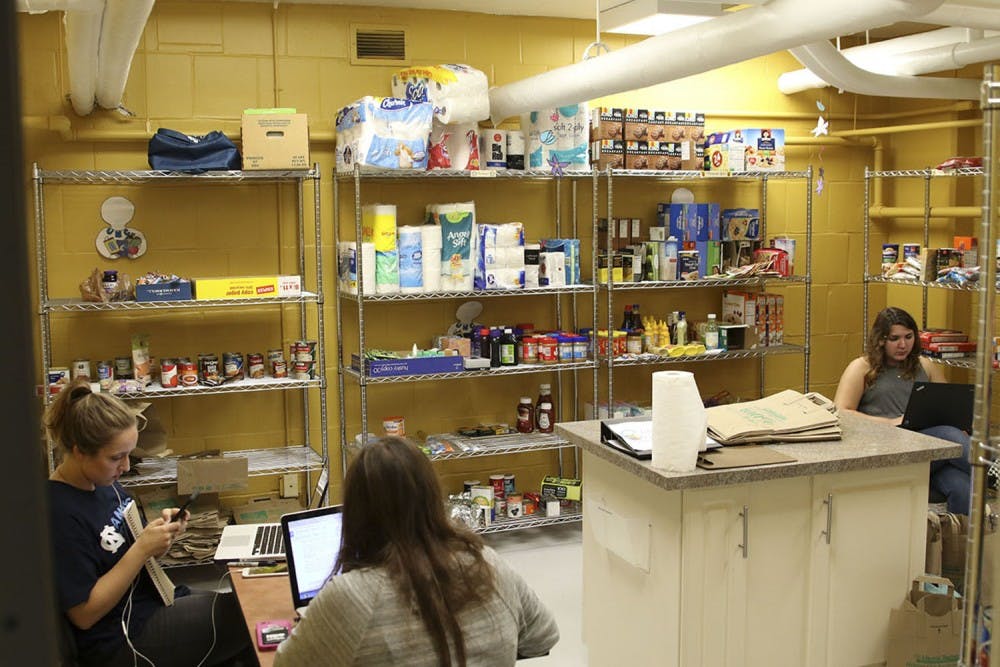Hunger impacts UNC’s campus for several reasons, according to Jashawnna Gladney, food pantry director for Carolina Cupboard.
“With Chapel Hill being a food desert and with UNC being located in the center of Chapel Hill, that could also contribute to why a lot of students experience food insecurity and/or hunger on our campus,” she said.
Gladney said Carolina Cupboard aims to alleviate food insecurity and hunger by being an immediate resource for students.
“I think the biggest thing that can be done is just continuing to educate the UNC community as a whole on the issue of food insecurity and how and why students at UNC face those issues,” she said.
Julie Cox, senior programs manager at the Inter-Faith Food Shuttle, said student hunger is a huge issue.
“If you don’t have enough food to eat, it’s hard to focus on what’s going on in school,” she said.
Expensive meal plans might require students to get a job in order to have enough food, Cox said.
Cox said another solution is to make food more affordable on campus and to stop trying to make a profit off students.




